Novelist and poet Alessandro Manzoni is considered one of the fathers of the Italian language. He was born in Milan on March 7, 1785 to Count Pietro Manzoni and Giulia Beccaria, the daughter of influential 18th-century intellectual Cesare Beccaria. At the time, Italy was a cluster of territories divided among foreign powers. But many native intellectuals started to call for the creation of a unified, independent state. Young Manzoni embraced such patriotic ideas with enthusiasm. At 16 he wrote his first work, a four-stanza poem entitled “Of the Triumph of Freedom” that condemned all forms of despotism.On a visit to France in 1805, he began to meet intellectuals and enlisted in the Romantic movement then spreading throughout Europe. Manzoni was especially enamored of the Romantic notion that all art should have both practical and educational aims. It was a principle that would eventually inform all his works.
When his father died in 1807, Manzoni returned to Milan. While there, he met and fell in love with Henriette Blondel, whom he married a year later.These years marked another important change for the author, who began to embrace Catholicism.
The most productive period of Manzoni’s life took place between 1812 and 1822, when he wrote “Sacred Hymns,” a work that illustrated the moral and religious value of Catholic holidays. Studying Shakespeare, Goethe and Schiller, Manzoni immersed himself in tragedy, which he considered the ideal form for both personal and historical narratives. During these years he wrote the tragedies The Count of Carmagnola and Adelchi. He also penned two political odes. One was “March 1821,” a work dedicated to the increasingly popular independence movement. The other was “May Fifth,” which he wrote upon learning of Napoleon's death.
Manzoni's political and moral ideals converged in his major historical novel, The Betrothed. Through the adventures of the young lovers Renzo and Lucia, Manzoni vividly depicted a 17th-century Italy where the north was under Austrian rule and most of the south was ruthlessly controlled by Spain.Manzoni worked on the novel for 20 years, studying language and culture in an effort to unite the novel—and Italy—under a single national language. At the time, regional dialects reinforced the political boundaries dividing the country. When most of Italy became unified under a single monarchy in 1861, Manzoni was named senator for life. He died on May 22, 1873 after falling down the steps of San Fedele Church in Milan. He was 88.
When his father died in 1807, Manzoni returned to Milan. While there, he met and fell in love with Henriette Blondel, whom he married a year later.These years marked another important change for the author, who began to embrace Catholicism.
The most productive period of Manzoni’s life took place between 1812 and 1822, when he wrote “Sacred Hymns,” a work that illustrated the moral and religious value of Catholic holidays. Studying Shakespeare, Goethe and Schiller, Manzoni immersed himself in tragedy, which he considered the ideal form for both personal and historical narratives. During these years he wrote the tragedies The Count of Carmagnola and Adelchi. He also penned two political odes. One was “March 1821,” a work dedicated to the increasingly popular independence movement. The other was “May Fifth,” which he wrote upon learning of Napoleon's death.
Manzoni's political and moral ideals converged in his major historical novel, The Betrothed. Through the adventures of the young lovers Renzo and Lucia, Manzoni vividly depicted a 17th-century Italy where the north was under Austrian rule and most of the south was ruthlessly controlled by Spain.Manzoni worked on the novel for 20 years, studying language and culture in an effort to unite the novel—and Italy—under a single national language. At the time, regional dialects reinforced the political boundaries dividing the country. When most of Italy became unified under a single monarchy in 1861, Manzoni was named senator for life. He died on May 22, 1873 after falling down the steps of San Fedele Church in Milan. He was 88.
RELATED
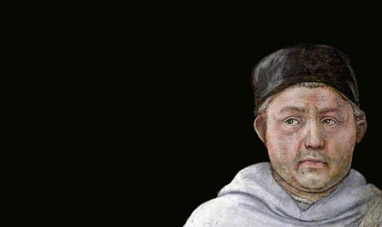

FILIPPO LIPPI


JOHN WAYNE
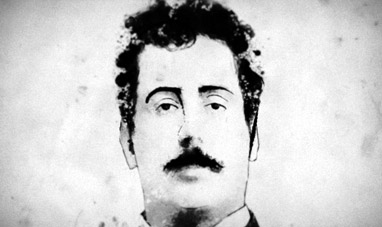

GIACOMO PUCCINI
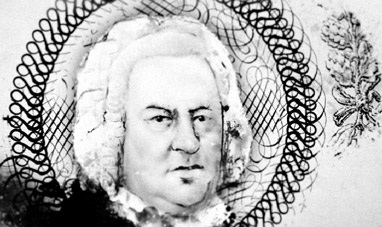

JOHANN SEBASTIAN BACH


JOHN CONSTABLE


ANDREI TARKOVSKY
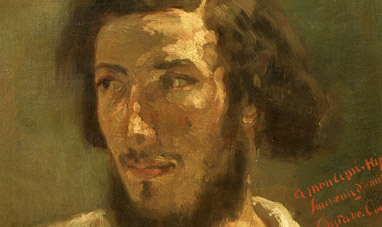

GUSTAVE COURBET
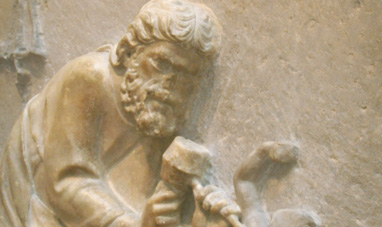

LYSIPPOS
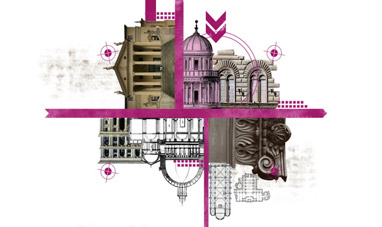

LEON BATTISTA ALBERTI


FRANK GEHRY
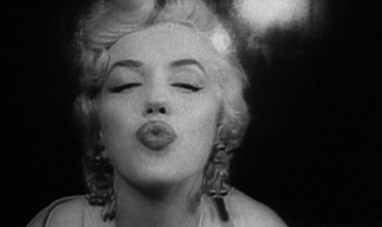

MARILYN MONROE


PIERO MANZONI
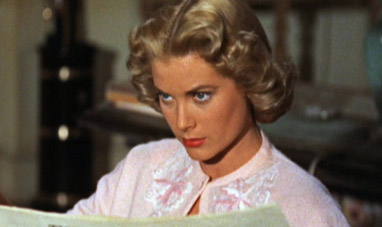

GRACE KELLY


DIVINE COMEDY, PURGATORY


KARL FRIEDRICH SCHINKEL
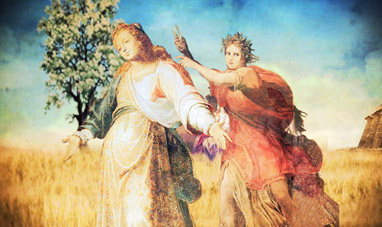

EURIPIDES
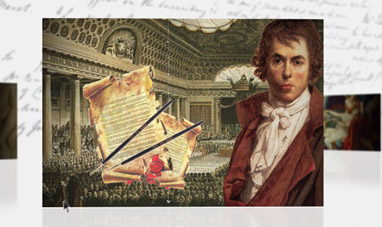

JACQUES LOUIS DAVID
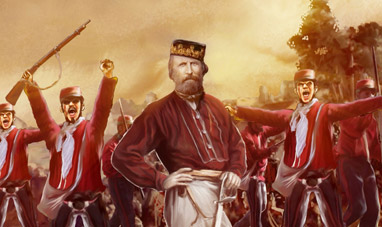

THE EXPEDITION OF THE THOUSAND
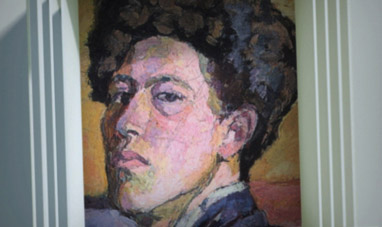

ALBERTO GIACOMETTI


JOVANOTTI
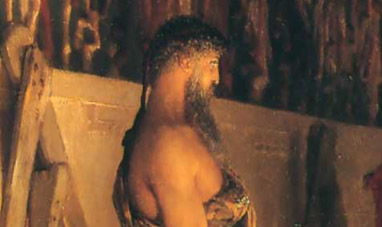

PHIDIAS
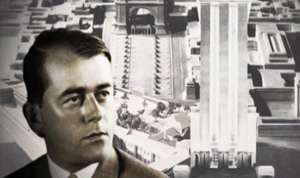

ALBERT SPEER


JOHANNES BRAHMS
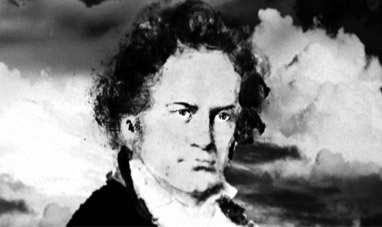

LUDWIG VAN BEETHOVEN
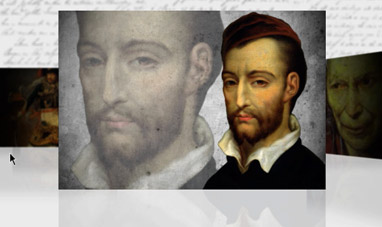

THÉODORE GÉRICAULT
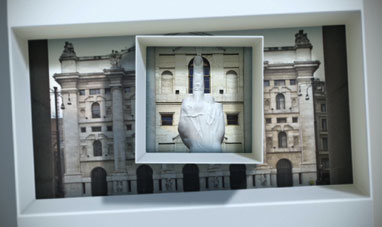

MAURIZIO CATTELAN
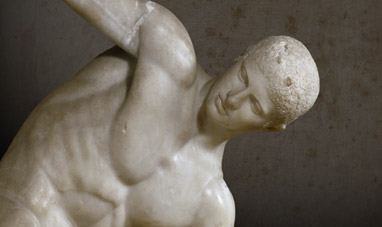

MYRON


RUDOLF NUREYEV


KRZYSZTOF KIELOWSKI
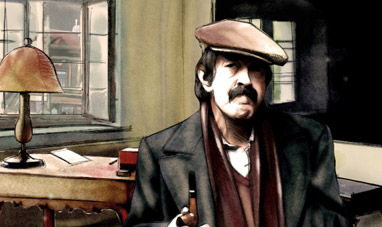

GÜNTER GRASS
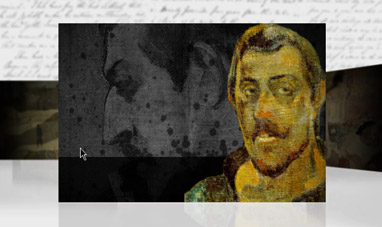

PAUL GAUGUIN


RITA HAYWORTH


FRANCIS BACON
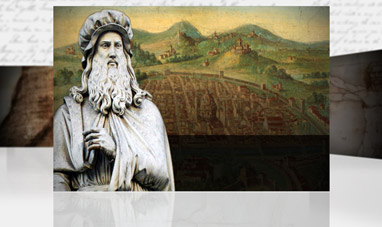

LEONARDO DA VINCI


QUENTIN TARANTINO
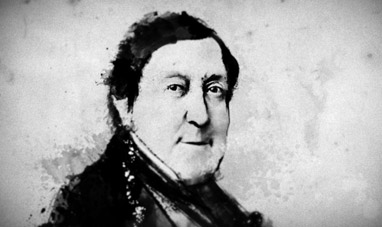

GIOACCHINO ROSSINI
